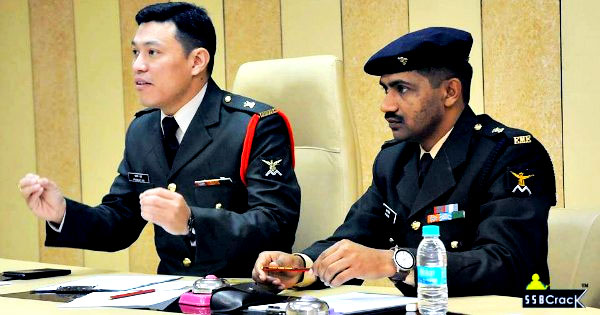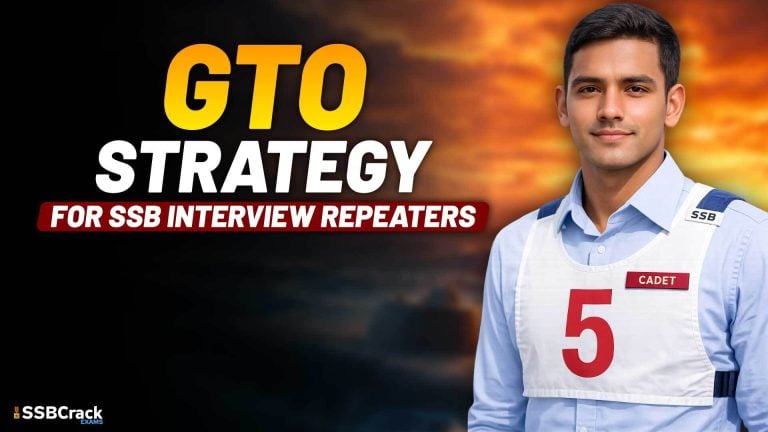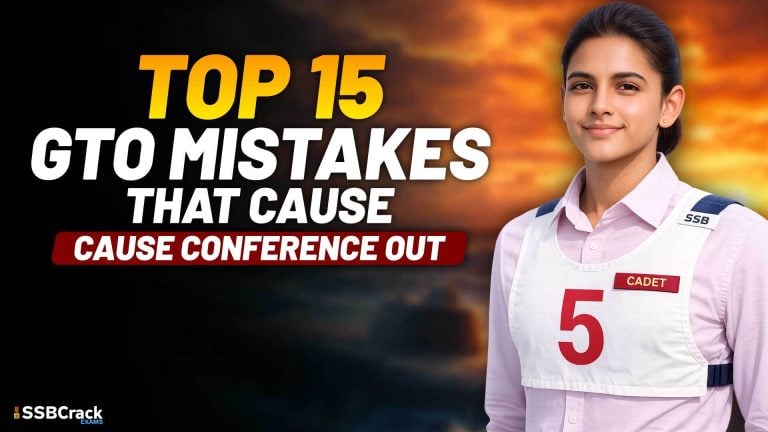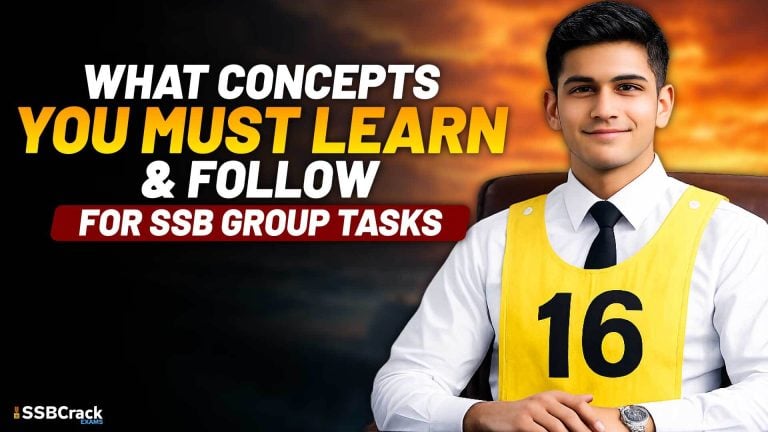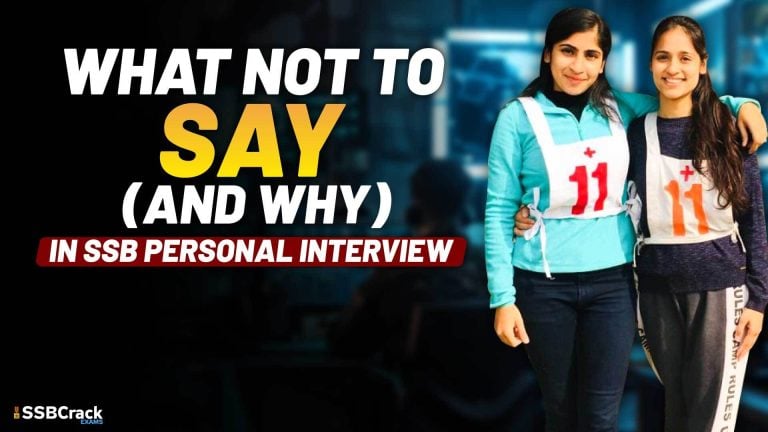So, you have taken your written tests in defence competitive exams. You are selected and called for THE SSB interview, which is nerve wrecking and intimidating as well. So what do you do now? You start preparing for PPDTs & GDs, and you start communicating with your friends or family on serious issues, or you work on your expressions, body language and voice modulation while you speak. Well, don’t you think you are forgetting something? It’s Personal Interview or PI, where you need to answer questions related to you as an individual to the interviewer. It’s more or less like job interviews, where you will be asked about yourself, your accomplishments, your strengths & weaknesses, your dream, your aims, and so on. While many of you take this portion of the SSB Interview lightly and do not prepare enough for answering questions asked in PI, most of you blabber and face a difficulty in answering these kinds of questions when you are finally asked in the SSB Interview. So here I am going to give you 4 important ways by which you can tackle these kinds of questions in SSB Interview and answer them like a Pro.
Method 1 : Take Your Time & Focus!
Don’t go in the interview with overlapping thoughts. Sit alone and clear your thoughts. Through your narrative, your interviewer will get to know how you respond to certain situations. So, take a couple of seconds to consider this while you think of ideal stories for every situation. This way, you can make a proper introductory statement and what the moral of your story will be. Acknowledge that the question was asked and that you’re thinking about it. Take a bit of time to gather your thoughts and make sure you don’t blurt out anything as the interviewer will think you have come mugging up some prepared notes and blabbering them out.
Method 2 : Don’t lie!
It’s never a good idea to lie in an interview, and that’s not the recommendation here. Spinning your academic, extra-curricular or professional history and incidents from your past in the light of what it says about your engagement isn’t lying. Many standard questions – what your strengths are, what challenges you’ve faced, what your weaknesses are or how would you rectify them – are great opportunities for you to display a history of commitment and dedication towards your goals and challenges. Someone who’s truly committed to his or her work takes mistakes head-on, accepts responsibility for them and fixes them with a minimum fuss. Such an individual also makes a point of learning what went wrong and why, in order to never make the same mistake twice. Similarly, when you’re asked what your greatest weakness is, you want to show self-awareness of your flaws and a commitment to change them. Answers like being too committed to your work are obviously disingenuous and won’t make a great impression. Instead, try talking about how you realized perfectionism was crippling your performance and how you learned to do your work to the best of your ability instead of striving for the impossible.
Method 3 : Don’t Be Afraid!
Sometimes you are asked questions which you know nothing about. It’s not a crime if you say that you don’t know. Beating about the bush and not coming to the point, on the other hand, can give you away. Remember the interviewer will be able to catch you very easily if you don’t know anything and try to pretend that you do, and that trust me, will give a very bad impression of you. So, don’t be afraid or get nervous. Maintain your level of confidence. Maintain eye contact. Do not look at the floor or ceiling while speaking. Speak with a comfortable pace. Don’t rush. Don’t get too deep into your personal life and avoid being sentimental. If you don’t know one thing, say it clear and loud. Try to stick to your own viewpoints if you are given things to choose or speak for. Don’t shuffle between different perspectives. Use strong positive words and impressive vocabulary. However, you can end your statement saying, “However, the outcome depends…on varied situation or context”.
Method 4 : Don’t Brag!
When I talked of showcasing your strengths or accomplishments to the interviewer, I didn’t mean you to brag about them. Remember to always maintain humility and politeness. Bragging too much about yourself shows you to be an arrogant and proud individual. But that doesn’t mean you will not talk about your achievements or accomplishments at all. Do so, but in moderation, keeping a polite and calm posture and expression. Don’t get excited when you are talking about them or become too detached and neutral. Also, when talking about your dreams or future achievements, don’t try to give them something which is unattainable or impossible. It will show your immaturity and impracticality .Also when you are asked such questions as to tell something about yourself, take it as an opportunity to share things which are not on paper. In other words, don’t start talking about how much you scored in your high school or what degrees you have accomplished. Talk about yourself, what kind of a person you are, your passion and your dream. Again, don’t go too deep in your personal life or get melodramatic.
Following these above-mentioned ways will surely help you in your SSB Interview. Remember you cannot prepare for everything. So try to improvise yourself according to the methods I have suggested here. Be confident about yourself and learn to be what you are. Stay honest and be true to yourself. And above all, Relax. It’s tough to crack SSB interview but not impossible! So, work hard and believe in yourself. Jai Hind!
